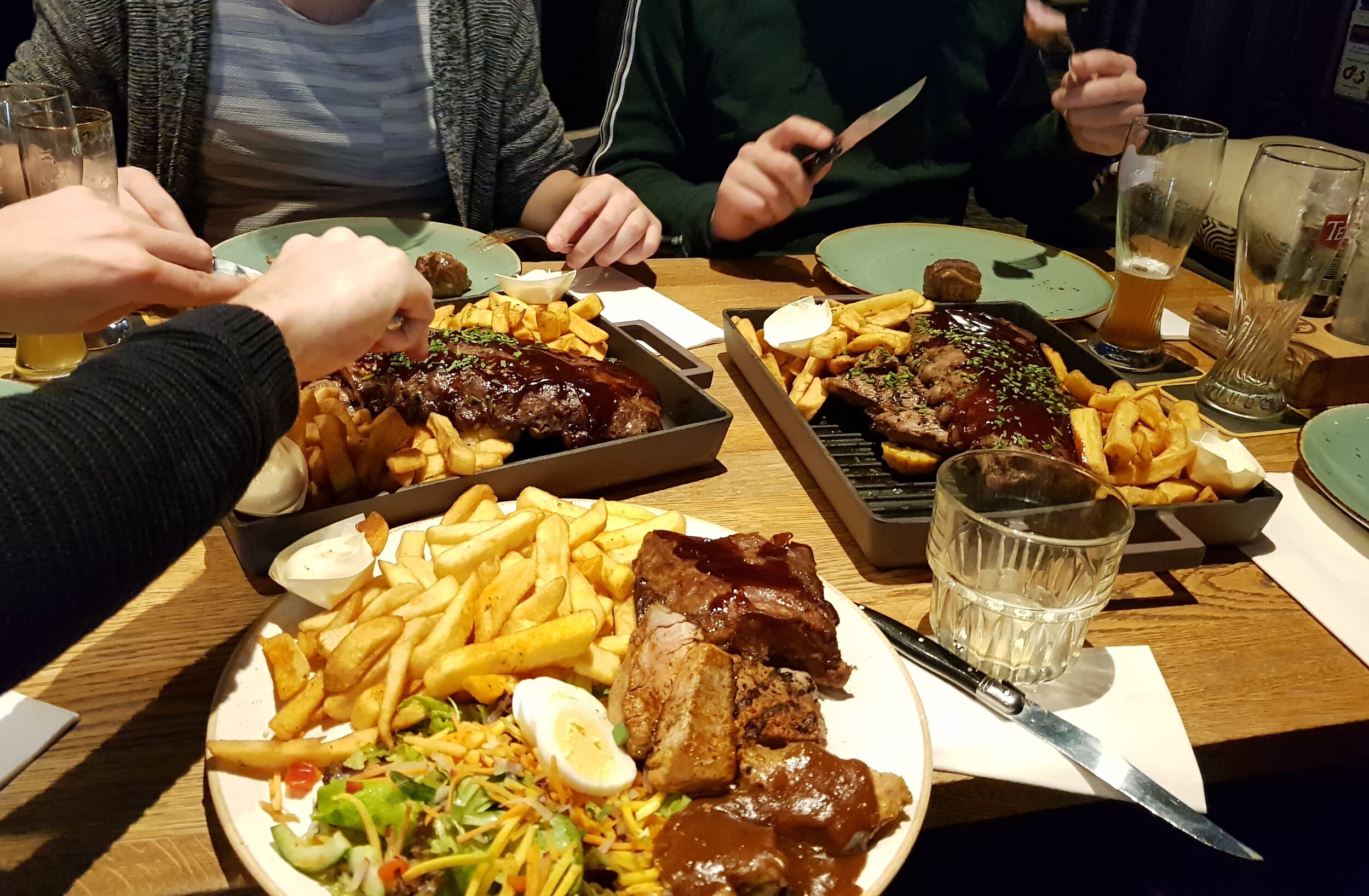Researchers discovered that eating more in the morning and less at night/dinner could help avert obesity.
Image Credit: Mizina via iStock - HDR tune by Universal-Sci
A group of scientists hypothesized that energy consumption from your body resulting from so-called diet-induced thermogenesis (DIT) changes during the day and investigated whether this physiological management is maintained after low-calorie intake in comparison to a high-calorie intake.
Your body expends energy when you eat food for the digestion, absorption, transport, digestion, and storage of nutrients. This procedure is called diet-induced thermogenesis (the aforementioned DIT). It is a measurement of how good your metabolism works and may vary depending on what time you eat your meals.
Dr. Juliane Richter, one of the researchers, originating from the University of Lübec, stated that the results of their study reveal that if a meal is eaten for breakfast, irrespective of the number of calories it holds, it generates two times as high diet-induced thermogenesis in comparison to an identical meal consumed for dinner. She mentioned that this discovery is of relevance for all people as it emphasizes the importance of eating adequately at breakfast.
In their study, the scientists carried out a three-day laboratory study of 16 men of average weight that ate a breakfast consisting of very few calories in addition to a high-calorie dinner. After this three-day trial was completed, they turned things around and let the men consume high-calorie breakfasts besides low-calorie dinners.
Although a large meal for dinner can be very inviting, following this research it would be sound strategy not to eat to much later in the day. - Image Credit: Universal-Sci
It was found that equal calorie intake led to two and a half times higher DIT in the morning compared to in the evening. The food-induced surge of insulin and blood sugar concentrations was reduced after breakfast in contrast to those found after dinner. Furthermore, the results show that eating breakfasts that are low in calories heightened cravings, especially for sweet food like candy.
Dr. Richter commented that it is recommended for patients with obesity along with healthy individuals to consume an ample breakfast, preferably to a large dinner in order to diminish body weight and inhibit metabolic diseases. If you are interested in a more detailed look at this study, you can check out the findings of Dr. Richter and her team in the scientific journal of Clinical Endocrinology & Metabolism article cited below.
Sources and further reading: Twice as High Diet-Induced Thermogenesis After Breakfast vs Dinner On High-Calorie as Well as Low-Calorie Meals
If you enjoy our selection of content please consider following Universal-Sci on social media:


















